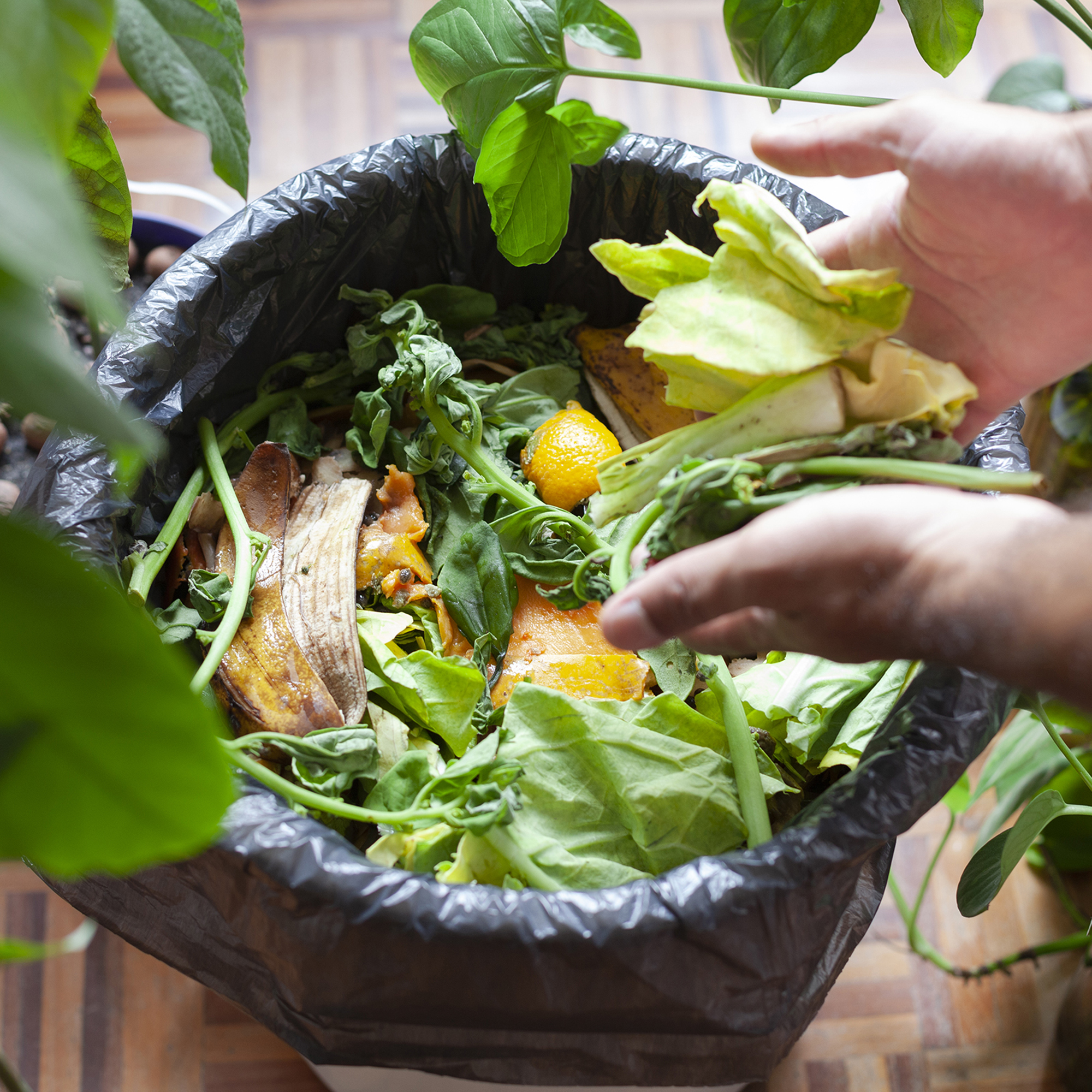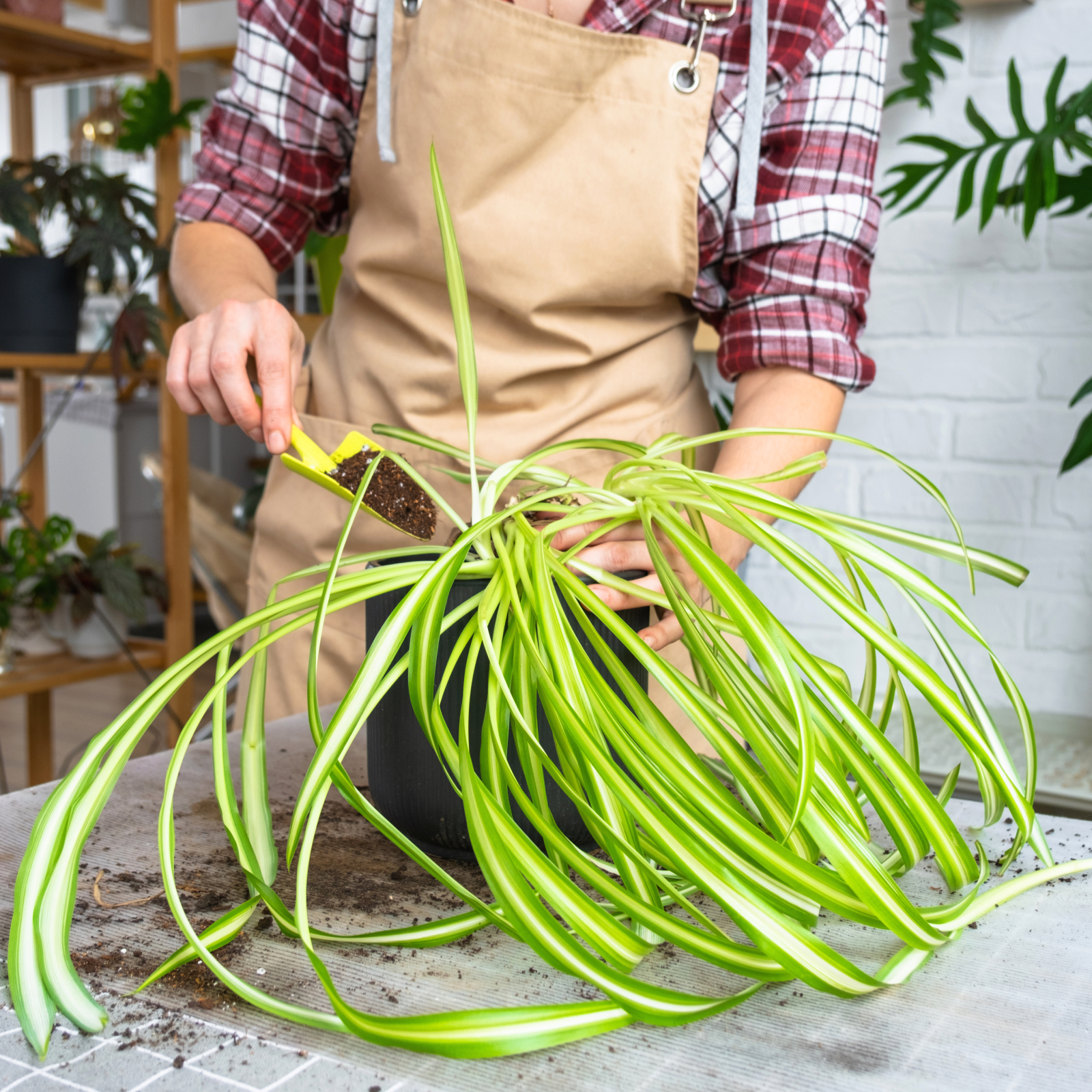Care And Feeding Of Orchids: Tips On Fertilizing Orchids

Orchids are beautiful, exotic indoor plants that add elegance to any room. Feeding orchid plants is essential for vibrant foliage and blooms. When orchids are healthy, they will produce big, beautiful, and bountiful blooms. Follow these parameters when fertilizing orchids for the best results.
Kinds of Fertilizer for Orchids
Orchids grown in bark- When an orchid is grown in bark, its soil contains a lower amount of nitrogen. When fertilizing we must make up for this nitrogen shortage. Use a water-soluble fertilizer with higher nitrogen levels such as 30-10-10 or 15-5-5. The higher levels of nitrogen will give the plant the level of nutrients it needs. Orchids grown normally- Orchids that are not grown in bark normally have a better balance of nutrients. A water-soluble 20-20-20 fertilizer is suitable for this kind of application. For boosting blooms next year, use a fertilizer with high phosphorus like 10-30-20 in the fall.
When to Fertilize Orchids
Orchids should be fertilized at least once monthly. For best results, however, fertilizer should be diluted and applied weekly, especially during the growing season. In the winter, when the plant is dormant, go back to once-a-month fertilizing and use half as much orchid fertilizer.
Care and Feeding of Orchids
Weekly- When applying weekly, dilute the solution four times as much as the package recommends. Water the orchid with a fertilizer like normal watering, taking care not to get any on the leaves. Flush the plant with clean water at least once a month to remove any unused fertilizer. Monthly- When applying monthly during the growing season, apply following package instructions. When applying monthly during the dormant season, dilute twice as much, then apply. At least once a month flush the plant with clean water.
Problems Feeding Orchid Plants
If you notice your orchid leaves wilting, it is probably because of too much fertilizer. This is a common problem with plants that are growing in low-light areas. Move the plant to a brighter area and apply less fertilizer or dilute it further. If this does not help you may have a different problem. Make sure that you are not overwatering your plant and that you are not getting any water on the leaves.
Gardening tips, videos, info and more delivered right to your inbox!
Sign up for the Gardening Know How newsletter today and receive a free copy of our e-book "How to Grow Delicious Tomatoes".
-
 4 Superfast Composting Methods: Turn Waste Into Garden Gold In 30 Days Or Less
4 Superfast Composting Methods: Turn Waste Into Garden Gold In 30 Days Or LessTry the fastest composting methods to turbocharge your pile and transform kitchen scraps and garden waste into finished compost in just a few weeks.
By Mary Ellen Ellis
-
 Best Spider Plant Soil – Complete Soil Guide And Expert Tips For Keeping Plants Happy
Best Spider Plant Soil – Complete Soil Guide And Expert Tips For Keeping Plants HappySpider plants are fun and easy plants to grow, but what is the best soil for a spider plant? Selecting the right soil is important so they can thrive.
By Bonnie L. Grant